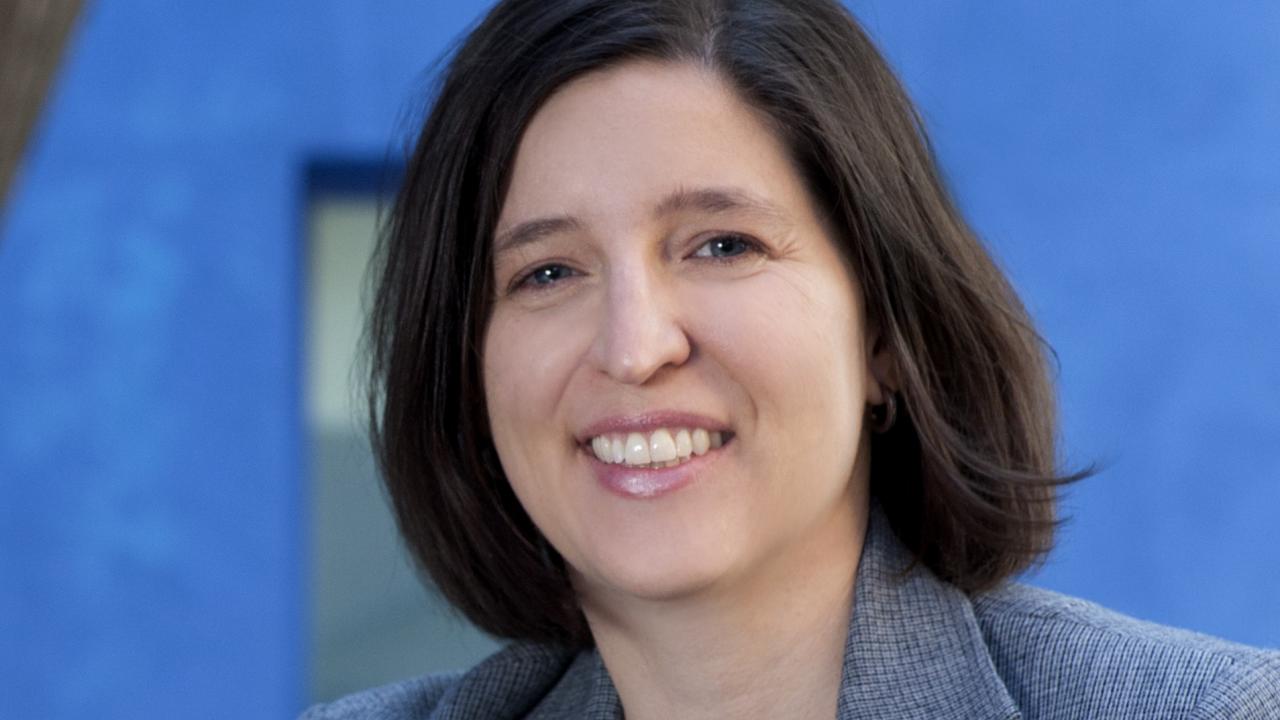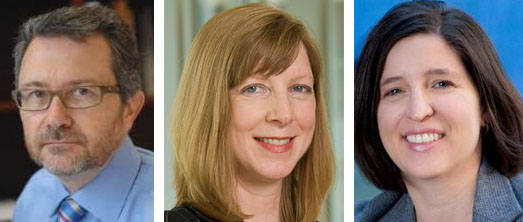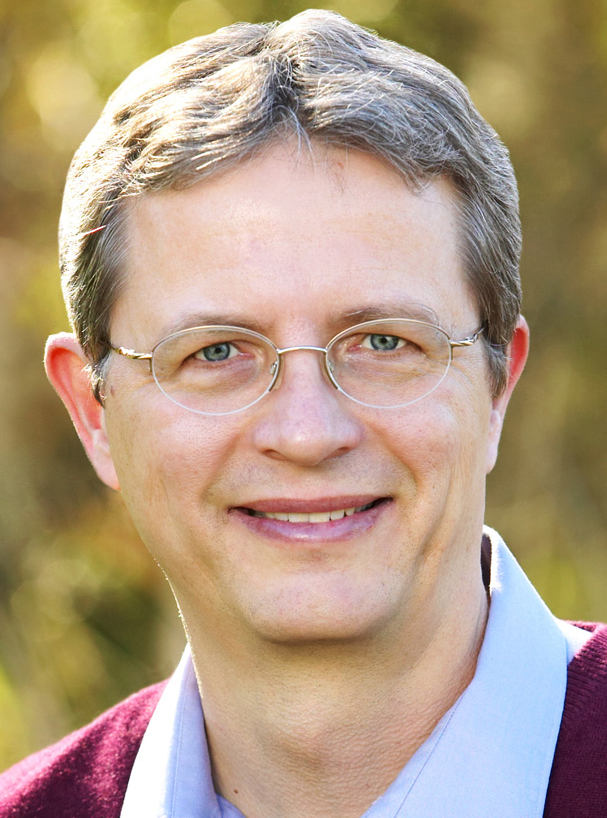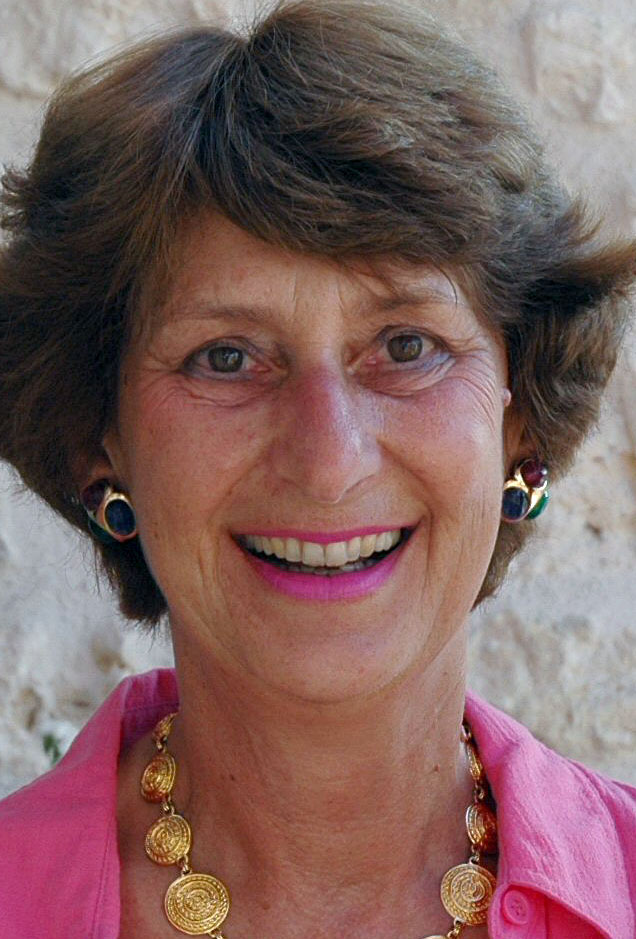
Hundreds of Economists to Gather at UC Davis
Close to 500 economics scholars from around the world will gather at UC Davis beginning Thursday, June 21, for the four-day 2018 North American Summer Meeting of the Econometric Society.
This is the first time that UC Davis has been the host for a meeting of the Econometric Society, the preeminent international society of academic economists and publisher of three scholarly journals.

“It is the most significant academic conference that the Department of Economics can host, and we are proud to have been chosen to organize it, and for good reason,” said Andrés Carvajal, an associate professor of economics who is co-chairing the event with economics colleague A. Colin Cameron.
World-leading economists to speak
The conference features three named plenary lectures each evening, beginning at 6 p.m. on consecutive evenings in the Sciences Lecture Hall:
- Thursday, June 21 — Spanish microeconomist Xavier Vives, a professor at the IESE Business School at the University of Navarra in Barcelona and a world-leading expert on industrial organization, will give the Walras-Bowley Lecture, “Oligopoly and Ownership Structure.”
- Friday, June 22 — Ellen McGrattan, professor of economics at the University of Minnesota and a consultant to the Federal Reserve Bank of Minneapolis, will give the macroeconomics Cowles Lecture, “Theory and Measurement of Business Capital.”
- Saturday, June 23 — Susan Athey, who holds the Economics of Technology Professorship at Stanford University’s Graduate School of Business, will give the University of California Lecture, “Machine Learning for Heterogeneous Treatment Effects and Personalized Policy Estimation.” The first woman to win the American Economic Association’s prestigious John Bates Clark Medal for under-40 economists, Athey is working to combine machine learning and econometrics to better measure the effects of social policies on individual well-being.
Cross-section of economic fields
The Econometric Society publishes the journals Econometrica, Quantitative Economics and Theoretical Economics, holds scientific meetings in six regions of the world, and has more than 700 elected fellows. Among the 80 Nobel Prize laureates in economics between 1969 and 2016, all but nine were elected fellows of the society.
While econometrics is the branch of economics concerned with the use of statistics and mathematics, The Econometric Society encompasses all types of economics. So does the meeting program.
In addition to the plenary talks, the conference includes 16 keynote sessions and 404 papers on econometrics, microeconomics, macroeconomics, labor and health economics, industrial organization, international economics, economic history, financial economics, development economics and environmental economics.
Those sessions take place in Wellman Hall, Young Hall and the Social Sciences and Humanities Building.
“We have an outstanding lineup of presentations as, for space reasons, we could only accept, on a competitive basis, less than half of the 1,100 submissions,” Cameron said.
Feenstra to keynote

Among the keynote speakers is UC Davis’ Robert Feenstra, who holds the C. Bryan Cameron Distinguished Chair in International Economics and was elected as an Econometrics Fellow in 2017. Feenstra will speak on “The Pro-Competitive Effects of Market Size” on Sunday, June 24, during an 8:30–10 a.m. session on international economics in Wellman Hall, Room 2.
For a listing of other talks during the four-day meeting, visit the conference website.
Memorializing a UC Davis economist
 One of the plenary talks at the Econometric Society meeting, the Walras-Bowley Lecture, will be delivered in the memory of Martine Quinzii, a UC Davis professor emerita and former chair of economics, who died May 25 in Perigueux, France, after a long battle with cancer.
One of the plenary talks at the Econometric Society meeting, the Walras-Bowley Lecture, will be delivered in the memory of Martine Quinzii, a UC Davis professor emerita and former chair of economics, who died May 25 in Perigueux, France, after a long battle with cancer.
One of three co-chairs of the conference, “she worked very, very hard” helping to organize the meeting up until her hospitalization last month, said fellow co-chair and UC Davis economics colleague Andrés Carvajal.
An opening page of the meeting program is devoted to her In Memoriam:
“Martine was a prolific researcher, an enthusiastic academic, a devoted teacher and an unconditional friend. Her contributions to the theory of general equilibrium and to its interactions with macroeconomic theory and finance are not just seminal: they are significant also for the creativity, rigor and elegance they display. Her work reached a standard that later economic theorists strive to achieve."
Elected as a fellow of The Econometric Society in 2000, she was a former associate editor of Econometrica and other journals.
Talks are free and open to the public. However, social events and other hospitality are reserved for people who registered in advance.
Two years in the works
UC Davis was chosen in a competitive process to host the meeting. Previous venues include Brown University, the University of Minnesota, Duke University, Carnegie-Mellon University, Boston University, Washington University in St. Louis;, Northwestern University, University of Southern California and the University of Pennsylvania.
Department of Economics faculty submitted a proposal to the Econometrics Society two years ago, and since their selection about six months later have been working to make the meeting a reality—raising money for the speakers, lining up classrooms for talks and residence hall rooms for attendees, and reviewing more than 1,000 submitted papers.
Perhaps the largest meeting of social scientists ever held on campus, the conference presented its biggest challenge for organizers in finding meeting space and lodging, Carvajal said.
In addition to the Department of Economics, co-sponsors are the Office of the Provost and Executive Vice Chancellor, the College of Letters and Science, the Department of Agricultural and Resource Economics, the Graduate School of Management, the Center for Poverty Research, the Cowles Foundation, Microsoft and Vega Economics. The meeting also received support from alumnus Jay Levine (B.A., economics, ’84).
A scientific committee of 48 economists from universities across the U.S. and Canada—19 of them from UC Davis—reviewed a total of 1,128 submitted papers, recommending ones to accept for presentation at the conference.
About half of the attendees are coming from other countries, primarily Europe, Carvajal said. The meeting bumped up against two other events competing for economists’ attention — another Econometric Society meeting in Asia, and the soccer World Cup.
For World Cup followers, there will be TVs in some of the meeting hallways in addition to social activities planned for attendees. “We wanted to be different—relaxing and enjoyable, not the usual stuffy conference,” Carvajal said.
— Kathleen Holder, content strategist in the UC Davis College of Letters and Science
